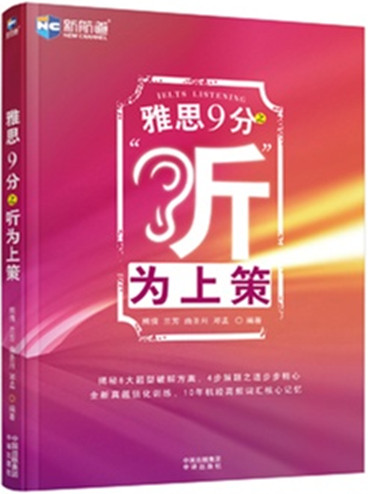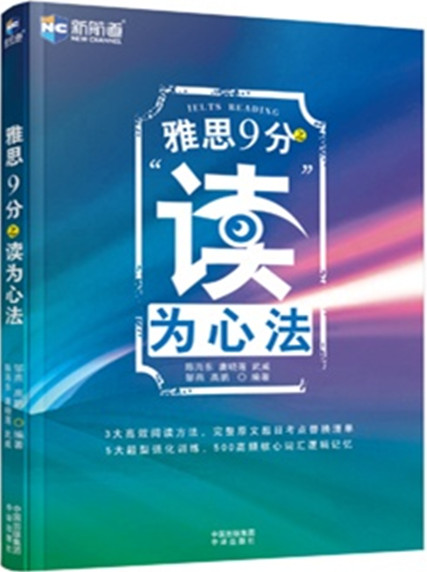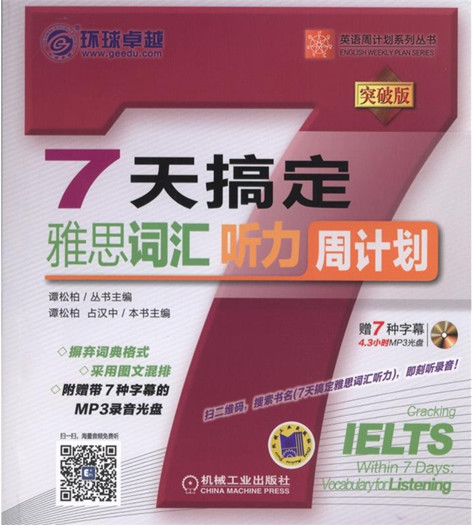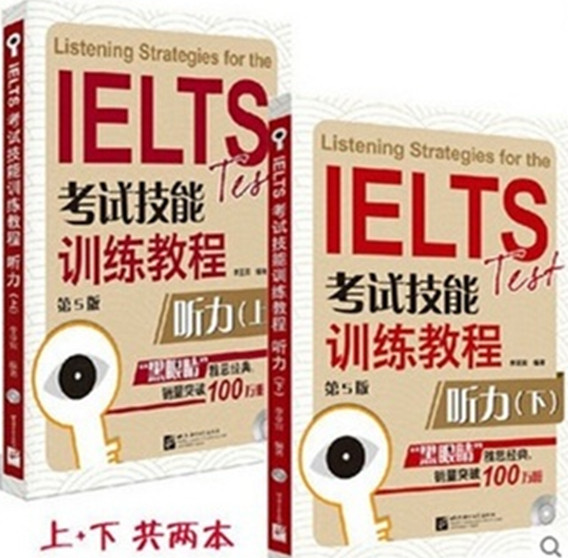A It has been pointed out that learning mathematics and science is not so much learning facts as learning ways of thinking. It has also been emphasized that in order to learn science, people often have to change the way they think in ordinary situations. For example, in order to understand even simple concepts such as heat and temperature, ways of thinking of temperature as a measure of heat must be abandoned and a distinction between 'temperature' and 'heat' must be learned. These changes in ways of thinking are often referred to as conceptual changes. But how do conceptual changes happen? How do young people change their ways of thinking as they develop and as they learn in school?
B Traditional instruction based on telling students how modem scientists think does not seem to be very successful. Students may learn the definitions, the formulae, the terminology, and yet still maintain their previous conceptions. This difficulty has been illustrated many times, for example, when instructed students are interviewed about heat and temperature. It is often identified by teachers as a difficulty in applying the concepts learned in the classroom; students may be able to repeat a formula but fail to use the concept represented by the formula when they explain observed events.
C The psychologist Piaget suggested an interesting hypothesis relating to the process of cognitive change in children. Cognitive change was expected to result from the pupils' own intellectual activity. When confronted with a result that challenges their thinking—that is, when faced with conflict—pupils realize that they need to think again about their own ways of solving problems, regardless of whether the problem is one in mathematics or in science. He hypothesized that conflict brings about disequilibrium, and then triggers equilibration processes that ultimately produce cognitive change. For this reason, according to Piaget and his colleagues, in order for pupils to progress in their thinking they need to be actively engaged in solving problems that will challenge their current mode of reasoning. However, Piaget also pointed out that young children do not always discard their ideas in the face of contradictory evidence. They may actually discard the evidence and keep their theory.
D Piaget's hypothesis about how cognitive change occurs was later translated into an educational approach which is now termed 'discovery learning'. Discovery learning initially took what is now considered the: 'lone learner' route. The role of the teacher was to select situations that challenged the pupils' reasoning; and the pupils' peers had no real role in this process. However, it was subsequently proposed that interpersonal conflict, especially with peers, might play an important role in promoting cognitive change. This hypothesis, originally advanced by Perret-Clermont and Doise and Mugny, has been investigated in many recent studies of science teaching and learning.
E Christine Howe and her colleagues, for example, have compared children's progress in understanding several types of science concepts when they are given the opportunity to observe relevant events. In one study, Howe compared the progress of 8 to 12-year-old children in understanding what influences motion down a slope. In order to ascertain the role of conflict in group work, they created two kinds of groups according to a pre-test: one in which the children had dissimilar views, and a second in which the children had similar views. They found support for the idea that children in the groups with dissimilar views progressed more after their training sessions than those who had been placed in groups with similar views. However, they found no evidence to support the idea that the children worked out their new conceptions during their group discussions, because progress was not actually observed in a post-test immediately after the sessions of group work, but rather in a second test given around four weeks after the group work.
F In another study, Howe set out to investigate whether the progress obtained through pair work could be a function of the exchange of ideas. They investigated the progress made by 12-15-year-old pupils in understanding the path of falling objects, a topic that usually involves conceptual difficulties. In order to create pairs of pupils with varying levels of dissimilarity in their initial conceptions, the pupils' predictions and explanations of the path of falling objects were assessed before they were engaged in pair work. The work sessions involved solving computer-presented problems, again about predicting and explaining the paths of falling objects. A post-test, given to individuals, assessed the progress made by pupils in their conceptions of what influenced the path of falling objects.
Questions 28-30
Choose THREE letters, A-F.
The list below contains some possible statements about learning
Which THREE of these statements are attributed to Piaget by the writer of the passage?
A Teachers play a big role in learning by explaining difficult concepts.
B Mental challenge is a stimulus to learning.
C Teaching should be consistent in order to easily acquire knowledge.
D Children sometimes ignore evidence that conflicts with their original believes.
E Children can help each other make cognitive progress.
F Cognitive progress is mainly relied on children's own intellectual activity.
Questions 31-33
Choose THREE letters, A-F.
Which THREE of these statements describe Howe's experiment with 8-12-year-olds children?
A The difference of learning progress between groups was obvious.
B The most active children made the least progress.
C The children were evaluated on their abilities to understand a physics phenomenon.
D The teacher aided the children to understand a scientific problem.
E A total of three tests were given to the children.
F All the children were working in mixed-ability groups.
Questions 34-37
Do the following statements agree with the hypothesis of the psychologist Piaget?
In boxes 34-37 on your answer sheet, write
TRUE if the statement is true
FALSE if the statement is false
NOT GIVEN if the information is not given in the passage
34 facing incompatible problems in different disciplines, students may be required to rethink their approach to solve the problem
35 Pupils learn new solutions by keep questioning their original ways of thinking.
36 With clear instructions, students could acquire new concepts with few problems.
37 Young children are less likely to change their concepts in problems of science than in mathematics.
Questions 38-40
Choose the correct letter. A, B, C or D.
Write the correct letter in boxes 38-40 on your answer sheet.
38 The Tone learner' route is an educational approach which
A is the main approach for discovery learning in many teaching now
B requires help from the pupils' peers.
C relies on how the teacher guides the students heavily.
D missed an important part for discovery learning.
39 it can be inferred from the passage as experiment in paragraph E
A that children acquire more when learning in groups.
B That children opposing each other would learn slower.
C Researches should check feedback right after the first test.
D There can be a satisfying result thanks to the duration of it.
40 Howe set out the pair work experiment in order to
A study how 12-15-years old pupils learn scientific concepts.
B assess whether teammates would have the features of exchange ideas.
C investigate pupils the ability of solving physics problems.
D predict and explain the path of falling objects.
文章题目:
Children’s acquiring the principles of mathematics and science
篇章结构
体裁议论文
题目儿童对于数学与科学原则的习得
结构(一句话概括每段大意)
A段:儿童思维方式(认知)转变
B段:传统教学难以促进儿童的转变
C段:皮亚杰认为智力活动会导致认知改变
D段:皮亚杰的理论发展成“发现式学习”
E段:实验表明不同意见组比相同意见组进步多
F段:实验两人合作交换意见是否有助于取得进步
- 04-04·2018雅思阅读精读:中国的量子网络
- 04-04·雅思阅读精读:人类大脑与机器实验
- 04-04·雅思阅读精读:圣诞节如何变成购物节?
- 04-04·雅思阅读精读:美国人缺乏信任的经济后果
- 11-22·2017年雅思考试阅读练习题(11)
- 12018-04-042018雅思阅读精读:中国的量子网络
- 22018-04-04雅思阅读精读:人类大脑与机器实验
- 32017-07-242017年雅思考试阅读练习题(3)
- 42017-07-242017年雅思考试阅读练习题(2)
- 52017-07-242017年雅思考试阅读练习题(1)
编辑推荐
- 模拟试题
- 历年真题





